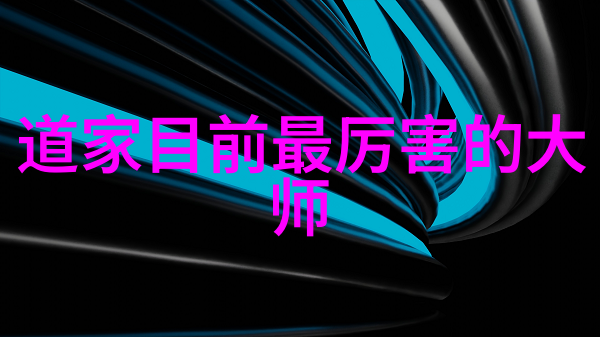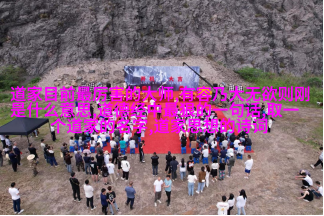老子的管理学思想 英文版
Barbara Hendrischke, University of New South Wales

Modern management is meant to achieve success, that is, to reach whatever happens to be the aim of the day in the industry, company or institution in question. Success can also be termed profit.Using the expression that we find in classical Chinese texts, management is meant to lead to de 得, that is, towards obtaining things and to success, and to avoid loss or failure shi 失.To know about the causes of gain and loss, of de and of shi, is said to be a sign of understanding and is seen as the responsibility of the person in charge, as the Guanzi puts it, where it is said that gain and loss in the empire as a whole stem from the person of the ruler.

We know that the Laozi had much advice to give on this topic and that the text distinguished different levels or stages of gain and loss, stressing that their sequence was caused by a manrsquo;s attitude towards them: ldquo;Therefore the sage hellip; because he does not lay hold of anything loses nothing.rdquo;So the sage knows about gain and loss, whereas others donrsquo;t, and for them it holds true that ldquo;whoever lays hold of it will lose itrdquo; and ldquo;in their enterprises the people always ruin them when on the verge of successrdquo;.Concern with the risk of loss is of particular relevance in the Laozi. That the amassing of gains might not result in gain but in its opposite is seen by this text as documenting the need for returning, that is, for moving away from a mature state to the point of origin and beginning. It is said to be a principle of nature that energy is concentrated when growth is strongest and that energy relapses once growth has been achieved. From this principle the Laozi concludes that actions will succeed once they resemble the beginnings of growth. In contemporary terms, this implies flexibility and openness and also vulnerability and weakness, as opposed to a consolidated, clearly defined and, we might add, bureaucratised state that is accompanied by assertiveness and self-confidence.A.C. Graham has stressed that much of the Laozi deals with the constructive use of fear. Therefore we can expect to learn from this old text something about the problem of risk taking and how we might cope with it through good risk management.
This will be one of the topics dealt with in this paper. The other topic, and the one we will deal with first, is the personal qualifications of the manager or entrepreneur as the source of that amount of innovation, creativeness and strategic planning without which modern management cannot thrive.The Laozirsquo;s main interest lies in fully activating the individual person, shen 身. We know well that, for Daoists of the later daojiao 道教 tradition, not only was invigorating the individual person as a physical and mental entity the field in which they practiced their insights, but also that this person was the material from which these insights were derived.For the Laozi, however, the scope of human action is much wider than individual fulfilment. Yet, for orientation on how to act in all fields of life the individual is referred back to his own existence between birth and death, health and illness, well-being and decay, and his energy and ongoing creativeness are seen to stem from this.

This understanding of the Laozi and of Daoist thought in general is supported by the first reader, or at least one of the first known readers, of the Laozi, that is, the philosopher Han Fei. In the following it is assumed that the two Han Feizi chapters entitled Explaining the Laozi 解老 and Illustrating the Laozi 喻老 are actually the work of Han Fei.Leon Vandermeersch has shown in detail how well Han Fei integrates certain elements of the Laozirsquo;s thought into his own system of political philosophy.This paper takes a different direction. Han Feirsquo;s hermeneutic results are held up against our own reading of the Laozi and are seen as reflecting a genuine attempt to come to grips with the older text. In other words, this paper is based on the assumption that Han Feirsquo;s achievement as one of ancient Chinarsquo;s first known commentators was remarkable.That he picked the Laozi for documenting his hermeneutic skills throws light on what we might call the omnipresence of this old text. We know that the Laozi was what men chose to be buried with; Han Feirsquo;s work on the Laozi shows that it was also a text philosophers and political advisors selected for study and inspiration. Han Feirsquo;s thought was influential and has had a decisive impact on shaping the Chinese imperial system as we know it. His interest in managerial strategies cannot be doubted. His focus was the management of a political entity, that is, of a state, in response to historical developments around him and to the discourse he was part of. However, the strategies he devised for the political realm may be applicable to other fields of action.
The Laozirsquo;s ideal person incorporates inno


